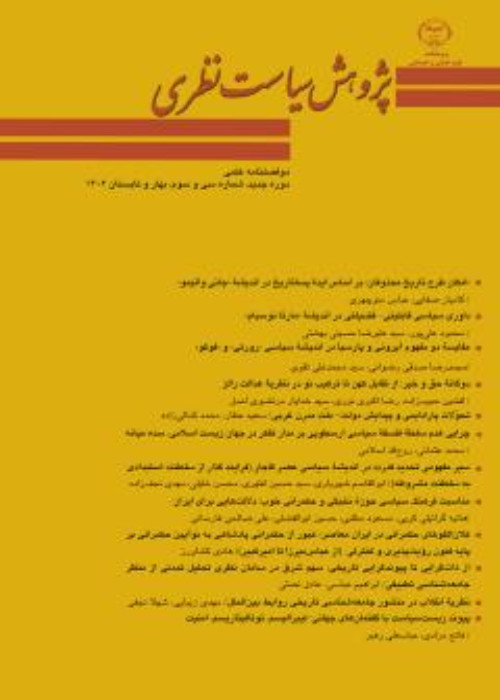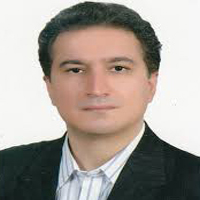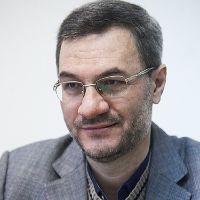Waqf and the Function of Political Participation in Contemporary Iran: A Study From the New Institutionalism Point of View
Waqf [a system of land-based charitable endowment], as rooted in historical and religious traditions in Iran and the Islamic world, has always been a topic of interest for believers, philanthropists, statesmen, and of course those who have benefited from it in different social groups and classes. For a long time, the mechanisms of waqf as a non-governmental and traditional institution have been very influential on various social, political, economic, and cultural structures. Today, with the introduction of the idea of small government and big civil society, these institutions have the potential for attracting renewed attention to revise their internal and external mechanisms and to revitalize their functionality. The main question of this study is as follow: from the standpoint of New Institutionalism, how does waqf as a Sharia-based, society-centered, andnon-governmental institution affect political participation? Our hypothesis is that the practice of waqf facilitates higher degrees of political participation sinceas a non-governmental institution, it takes up some of the responsibilities of the state for social justice, and with a philanthropy that is based in piety and humanism, it contributes to the distribution of wealth and resources. Indeed we can account for different aspects of this mechanism by re-reading the concept of waqf andits historical background from the perspective of New Institutionalism. This research tries to help represent this neglected field by using a qualitative-conceptual method. Findings of this study portrayWaqf in three ways; "Social participation" through focusing on health care, "economic participation" through donations and welfare services, and "political participation" through cultural-educational functions, especially for the needy and disadvantaged groups Governance helps and has the talent to serve as a model of efficient and community-based governance.
- حق عضویت دریافتی صرف حمایت از نشریات عضو و نگهداری، تکمیل و توسعه مگیران میشود.
- پرداخت حق اشتراک و دانلود مقالات اجازه بازنشر آن در سایر رسانههای چاپی و دیجیتال را به کاربر نمیدهد.




